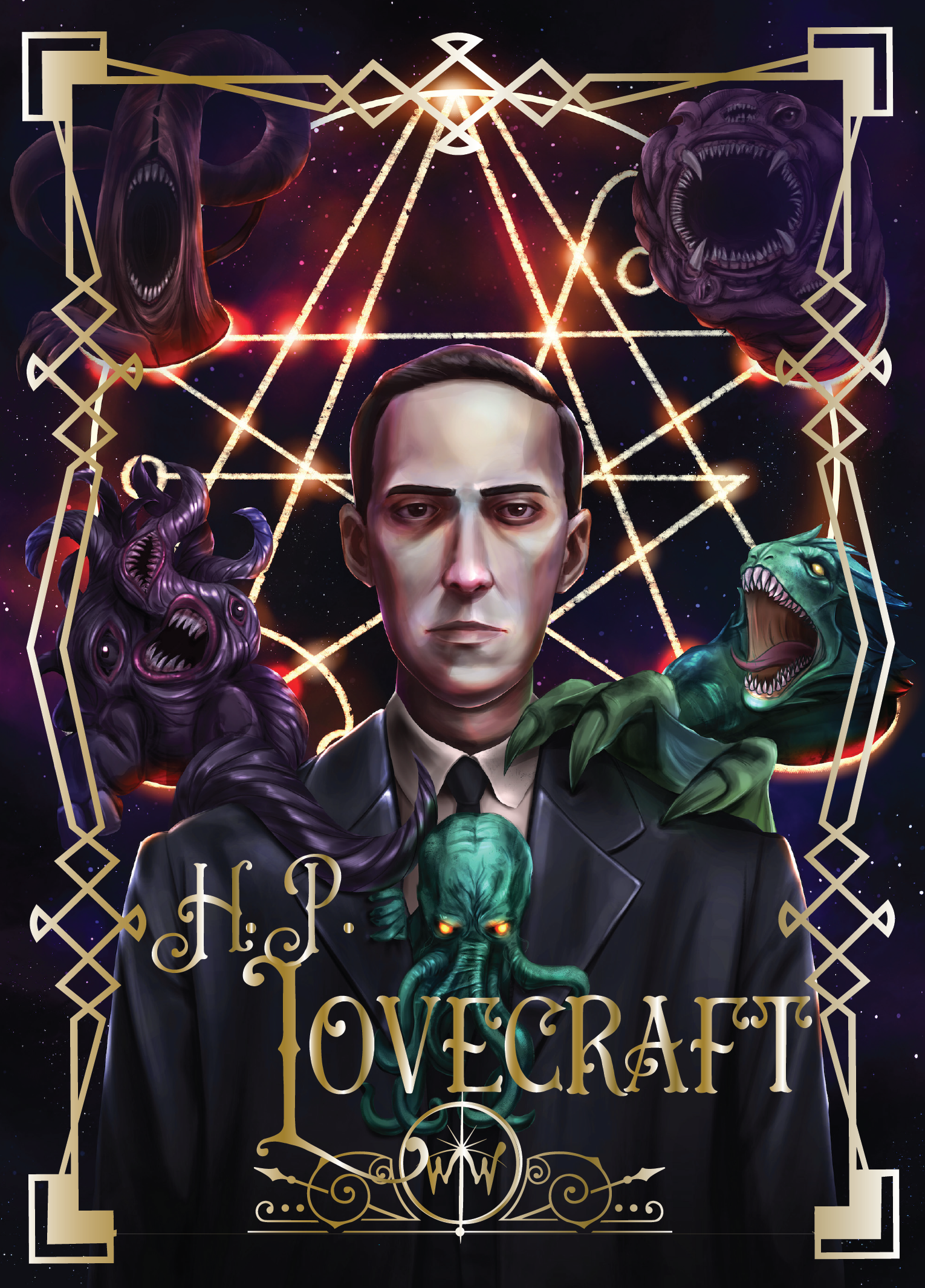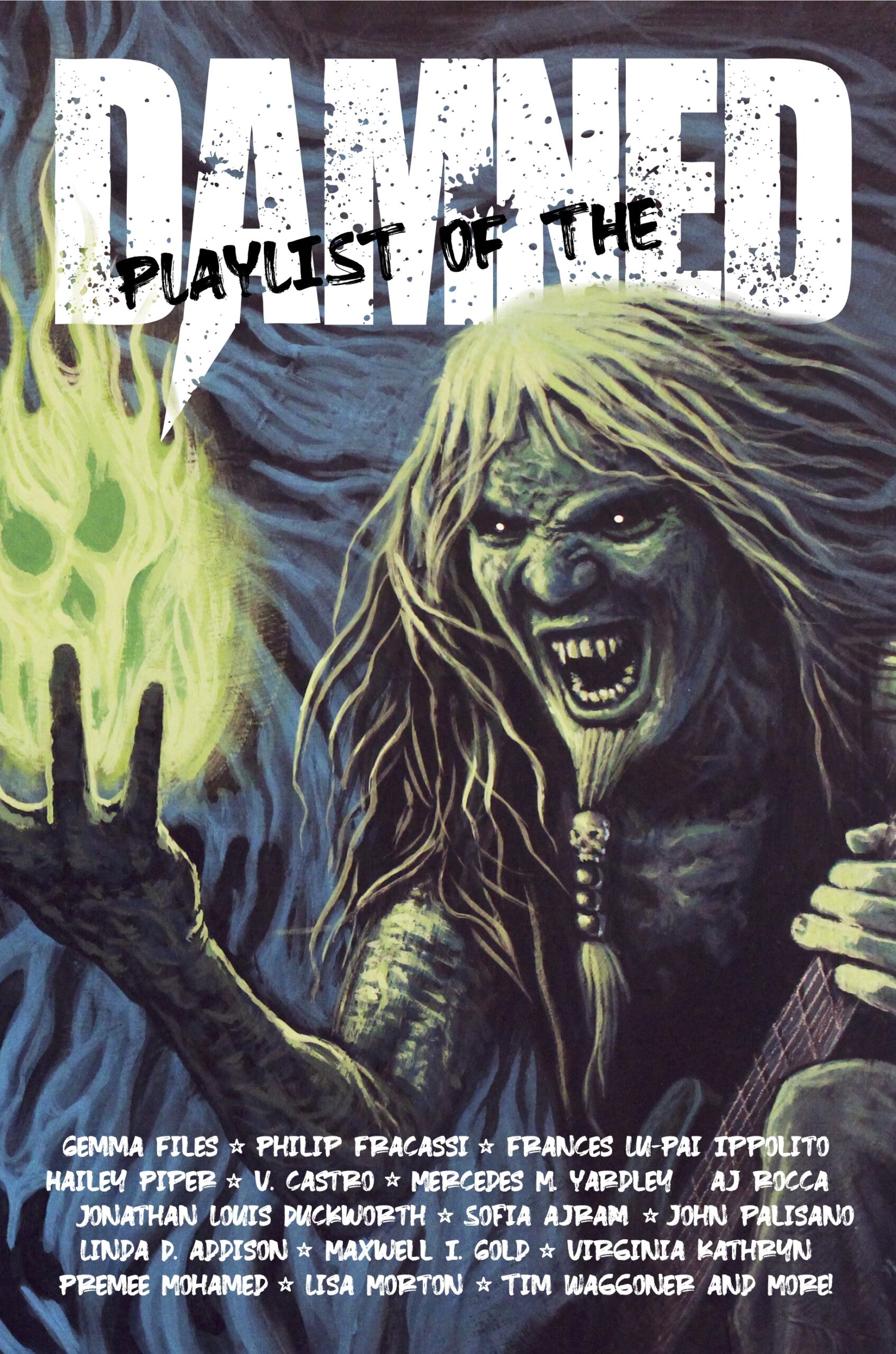There was once a young salesman at the storekeeper’s at Sörvaag.
He was fair, with curly hair, shrewd blue eyes, and so smart, and obliging, and handsome, that all the girls in the town got themselves sent on errands, and made pilgrimages to the shop on purpose to see him. Moreover, he was so smart and skillful in everything he put his hand to, that the storekeeper never would part with him.
Now it happened one day that he went out to a fishing station for his principal.
The current was dead against him, so he rode close in shore.
 All at once he saw a little ring in the rocky wall a little above high-water mark. He thought it was the sort of ring which is used for fastening boats to, so he fancied it wouldn’t do any harm to rest a bit and lay to ashore, and have a snack of something, for he had been pulling at the oars from early morn.
All at once he saw a little ring in the rocky wall a little above high-water mark. He thought it was the sort of ring which is used for fastening boats to, so he fancied it wouldn’t do any harm to rest a bit and lay to ashore, and have a snack of something, for he had been pulling at the oars from early morn.
But when he took hold of the ring to run his boatline through it, it fitted round his finger so tightly that he had to tug at it. He tugged, and out of the mountain side with a rush came a large drawer. It was brimful of silk neckerchiefs and women’s frippery.
He was amazed, and began pondering the matter over.
Then he saw what looked like rusty flakes of iron in rows right over the whole mountain side, exactly resembling the slit of his own drawer.
He had now got the ring on his finger, and must needs try if it would open the other slits also. And out he drew drawer after drawer full of gold bracelets and silver bracelets, glass pearls, brooches and rings, bracelets and laced caps, yarn, night-caps and woolen drawers, coffee, sugar, groats, tobacco pipes, buttons, hooks and eyes, knives, axes, and scythes.
He drew out drawer after drawer; there was no end to the display they made.
But all round about him he heard, as it were, the humming of a crowd and the tramp of sea-boots. There was a hubbub, as if they were rolling hogsheads over a bridge and hoisting sails against the wind, and out from the sea sounded the stroke of oars and the bumping of boats putting ashore.
Then he began to have an inkling that he had laid to his boat at a mooring-ring belonging to the underground folk, and had lit right upon their landing-place where they deposited their wares.
He stood there looking into a drawer of meerschaum pipes. They were finer than any he had thought it possible to find in the whole world.
Then he felt, as it were, the blow of a heavy hand which tried to thrust him aside; but, at the same time, someone laughed so merrily close by. The same instant he saw a young woman in the fore-part of his boat. She was leaning, with broad shoulders and hairy arms, over a meal-sack. Her eyes laughed and shot forth sparks as from a smithy in the dark, but her face was oddly pale.
Then she vanished altogether like a vision.
He was glad when he got down into his boat again, and pushed off and rode away.
But when he got out into the sound, and slackened speed a bit, he perceived that the ring still sat upon his finger.
His first thought was to tear it off and fling it into the sea; but then it sat tighter than ever.
It was so curiously wrought and fretted and engraved that he must needs examine it more curiously; and the longer he looked at it the stranger the gold whereof it was wrought gleamed and glistened. Turn it as he would to examine its spirals, he could never make out where they began and where they ended.
But as he sat there and looked and looked at it, the black crackling and sparkling eyes of that pale face stood out more and more plainly before his eyes. He didn’t exactly know whether he thought her ugly or handsome–the uncanny creature!
The ring he now meant to keep, come what might.
And home he rowed, and said not a word to anybody of what had happened to him.
But from that day forth a strange restlessness came over him.
When he was sweeping out the shop or measuring goods, he would suddenly stand there in a brown study, and fancy he was right away at the landing-stage in the mountain-side, and the black woman was laughing at him over the meal-sack.
Out yonder he must needs venture once more, and put his ring to the test, though it cost him his life.
And in the course of the summer his boat lay over at the mountain-side in the self-same place as before.
When he had opened the drawer with his gold ring, he caught sight of the broad-shouldered woman. Her eyes sparkled, and had a wild look about them, and she peered curiously at him.
And, every time he came, he seemed to be more expected, and she was more and more gladsome. They became quite old acquaintances, and she was always waiting for him there.
But at home he grew gloomy and silent. Yet, although he bethought him that it was all sorcery, and her arms were hairy almost like a beast’s, and although he determined and really tried to keep away, nevertheless he could not help going thither, and whenever he had been away from her a whole week, she grew quite unmanageable, and laughed and shrieked when she saw him coming again.
And he always heard the noise and the bustle of many people all about him, but never could he see anything. It seemed to him, however, as if they all lay a little way off and pulled their boat aside for him to pass. His boat, too, was always nicely baled out, and the oars and sails righted and trimmed. The cable, too, was fastened for him whenever he came, and thrown to him whenever he went away.
Now and then she so managed it that he caught a glimpse into their warehouses and their bright halls in the mountain side, and at such times she seemed to be enticing him after her. And then, on his way home, he would shudder. “What,” thought he, “if the mountain wall were to shut to behind me?” and every time he was right glad that he had been so far on his guard and had come off scot free.
And now, towards autumn, he grew more at his ease. He really made up his mind to try to give up these journeys. He set to work in real earnest, so that he had no time for thought, and plunged into his business with fiery impetuosity.
But when Christmas-tide drew nigh with its snowflakes and darkness, such strange fancies came over him.
Whenever he went into the dark draughty nooks and corners, he saw the strong, heavily built shape before him. She laughed and called to him, and shrieked and sent him messages by the blast. And then a strong desire came upon him.
And one day he was unable to hold out any longer, so off he went.
He fancied he caught a glimpse of her a long way off. She was casting huge boulders aside so as to see and follow the course of the boat, and she beckoned and greeted him through the drizzle and the mist. It was as though the current was bearing him thither all the time.
When he came up, the sea seethed and boiled for the crowds that were in it, though he saw them not. They waded out to him and drew his boat ashore, and steps and a bridge lay there ready for his feet. But right at the top stood she, and her breath came heavily, and she leaned towards him and drew him with those bold eyes of hers set in that face as pale as night. She went swiftly inland, looked behind her, and beckoned him after her; and then she threw open the door of an old iron safe in the midst of the wall.
On its shelves sparkled a bridal crown, and a shining girdle and breastplate and a kirtle, and all manner of bridal finery.
There she stood, and her breath came straining hot and heavy through her white teeth, and she smiled and ogled him archly. He felt her take hold of him, and it was as though a darkness fell around him.
Then all at once, as if in a gleam of twilight, he saw the whole trading-place, vast and wealthy and splendid, all round about him with its haven, warehouses, and trading-ships. She stretched out her hands and pointed to it, as if she would say that he should be the lord and master of the whole of it.
A cold shiver ran through him; he perceived that it led right into the mountain.
And out he rushed.
He cut the cable through with his knife, and wrenched the ring from his finger, and cast it into the sea, and off he rowed, so that the sea was like a foaming foss around him.
When he got home to his work again, and the bustle of the Christmas season began, he felt as if he had awakened from a heavy nightmare or an evil dream. He felt so light of heart. He chatted gaily with customers over the counter, and his old life went on much the same as before. And everything he put his hand to went along as smooth as butter.
But the tradesman’s daughter stuck her head into the shop not once nor twice. She looked and smiled at him in shy admiration. Never had he remarked before what taking ways were hers, or noticed how bonnie and bright the lassie was, and how graceful and supple she looked as she stood in the doorway. And ever since the tradesman’s daughter had looked so strangely at him, he had no thought for any one but her. He was always thinking what a way she had of holding her head, and how slim she looked when she walked about, and what quick and lively blue eyes she had, just like merry twinkling stars.
He would lay awake o’ nights, and reflect upon his grievous abominable sin in lowering himself to the level of an uncanny monster, and right glad was he that he had cast the ring away.
But on Christmas Eve, when the shop was shut and the house folks and servants were making ready for the festival in the kitchen and parlour, the shopkeeper took him aside into his counting-house. If he liked his daughter, said he, there was no impediment that he could see. Let him take heart and woo her, for it hadn’t escaped him how she was moping about all love-sick on his account. He himself, said the shopkeeper, was old, and would like to retire from business.
The good-looking shopman did not wait to be asked twice. He wooed straightway, and, before the Christmas cheer was on the table, he got yes for an answer.
Then years and years passed over them, and they thrived and prospered in house and home.
They had pretty and clever children. He rejoiced in his wife; nothing was good enough for her, and honour and ease were her portion, both at home and abroad.
But in the seventh year, when it was drawing towards Yule-tide, such a strange restlessness came over him. He wandered about all by himself, and could find peace nowhere.
His wife fretted and sorrowed over it. She knew not what it could be, and it seemed to her that he oddly avoided her. He would wander for hours together about the dark packhouse loft, among coffers and casks and barrels and sacks, and it was as though he didn’t like folks to come thither when he was there.
Now it chanced on the day before Little Christmas Eve that one of the workpeople had to fetch something from the loft.
There stood the master, deep in thought, by one of the meal sacks, staring down on the ground before him.
“Don’t you see the iron ring down in the floor there?” he asked.
But the man saw no ring.
“I see it there–the earth draws,” he sighed heavily.
On Little Christmas Eve he was nowhere to be found, nor on the day after, though they searched for him high and low, and made inquiries about him everywhere amidst the Yule-tide bustle and merriment.
But late on Christmas Eve, while they were all running about in the utmost anxiety, not knowing whether they should lay the table or not, all at once in he came through the door.
He longed so much for both meat and drink, he said, and he was so happy and merry and jovial the whole evening through, that they all clean forgot the fright they had been in.
For a whole year afterwards he was chatty and sociable as before, and he made so much of his wife that it was quite absurd. He bore her in his hands, so to speak, and absolutely could not do enough for her.
But when it drew towards Yule-tide again, and the darkest time of the year, the same sort of restlessness came over him. It was as though they only saw his shadow amongst them, and he went moping about the packhouse loft again, and lingering there.
On Little Christmas Eve the same thing happened as before–he disappeared.
His wife and the people of the house went about in a terrible way, and were filled with astonishment and alarm.
And on Christmas Eve he suddenly stepped into the room again, and was merry and jovial, as he generally was. But when the lights had burnt out, and they all had gone to bed, his wife could hold her tongue no longer: she burst into tears, and begged him to tell her where he had been.
Then he thrust her roughly from him, and his eyes shot sparks, as if he were downright crazy. He implored her, for their mutual happiness’ sake, never to ask him such a question again.
Time went on, and the same thing happened every year.
When the days grew dark, he moped about by himself, all gloomy and silent, and seemed bent upon hiding himself away from people; and on Little Christmas Eve he always disappeared, though nobody ever saw him go. And punctually on Christmas Eve, at the very moment when they were about to lay the table, he all at once came in at the door, happy and contented with them all.
But just before every autumn, towards the dark days, always earlier than the year before, this restlessness came over him, and he moped about with it, moodier, and shyer of people than ever.
His wife never questioned him; but a load of sorrow lay upon her, and it seemed to her to grow heavier and more crushing, since she seemed no longer able to take care of him, and he no longer seemed to belong to her.
Now one year, when it was again drawing nigh to Yule-tide, he began roaming about as usual, heavy and cast down; and the day before Little Christmas Eve he took his wife along with him into the packhouse loft.
“Do you see anything there by the meal sack?” he asked.
But she saw nothing.
Then he gripped her by the hand, and begged and implored her to remain, and go with him there at night. As his life was dear to him, said he, he would fain try and stay at home that day.
In the course of the night he tightly grasped her hand time after time, and sighed and groaned. She felt that he was holding on to her, and striving hard, and with all his might, against something.
When morning came, it was all over. He was happier and lighter of mood than she had seen him for a long, long time, and he remained at home.
On that Christmas Eve there was such a hauling and a-carrying upstairs from both shop and cellar, and the candles shone till all the window-panes sparkled again. It was the first real festival he had ever spent in his own house, he said, and he meant to make a regular banquet of it.
But when, as the custom was, the people of the house came in one by one, and drank the healths of their master and mistress, he grew paler and paler and whiter and whiter, as if his blood were being sucked out of him and drained away.
“The earth draws!” he shrieked, and there was a look of horror in his eyes.
Immediately afterwards he sat there–dead!
“The Earth Draws” by Jonas Lie, 1891

The Weird Team is comprised of several unhinged individuals that have a love of life and a lust for adventure. They scour the world to find the strangest, scariest, and most wonderful news in the universe.







